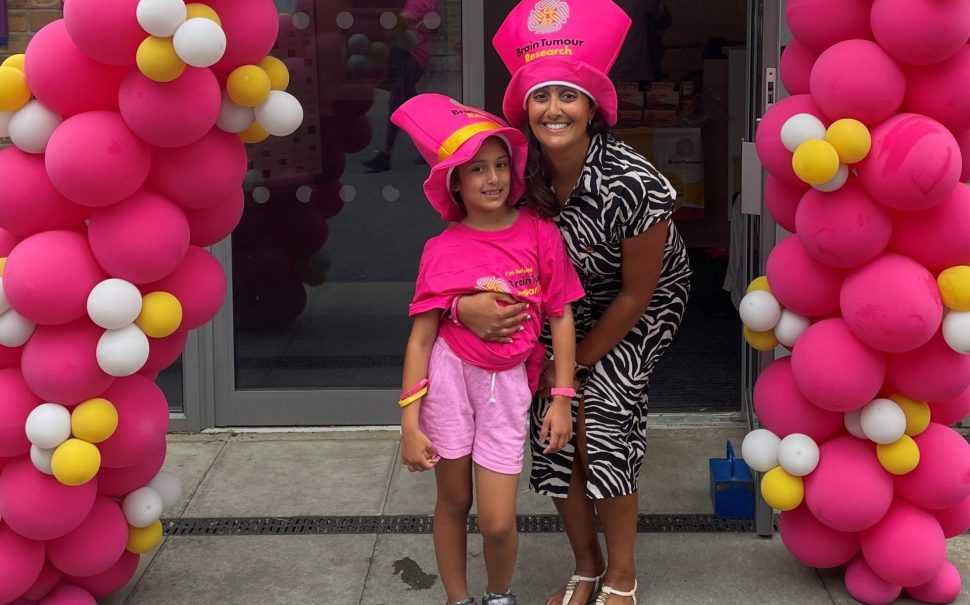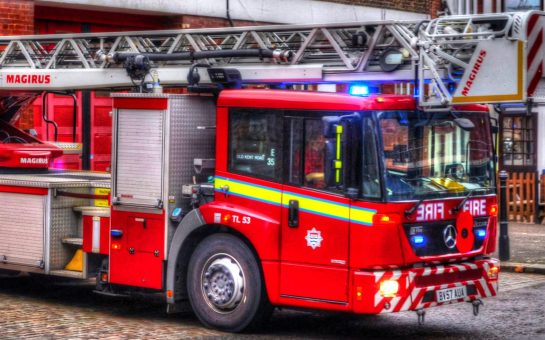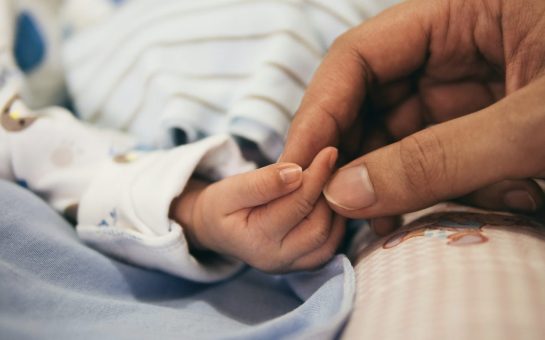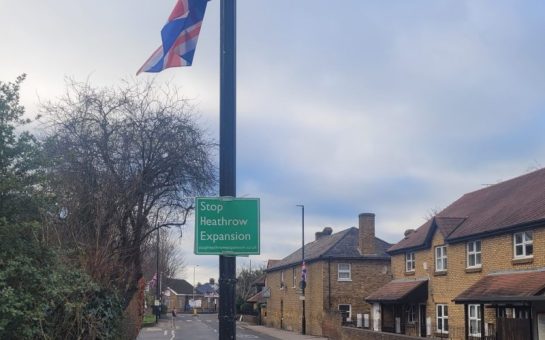A Merton woman has shared the story of her mother’s life as part of a month-long appeal for donations to Brain Tumour Research (BTR), a charity that researches treatments for brain tumours and raises awareness of the disease.
The story is part of a Brain Tumour Research Advent Calendar, sharing 24 stories from across the UK to show the importance of research in to a disease that kills more people below the age of 40 than any other cancer.
Asha Patel shared the story of her mother Madhumati Ladwa, who passed away 25 years ago.
Patel said: “In 1998, the life of our family was turned upside down when my mum was diagnosed with the rare form of a brain tumour.
“Unfortunately, we lost her a few days before her 38th birthday, but not a day goes by when she’s not in our memories.”
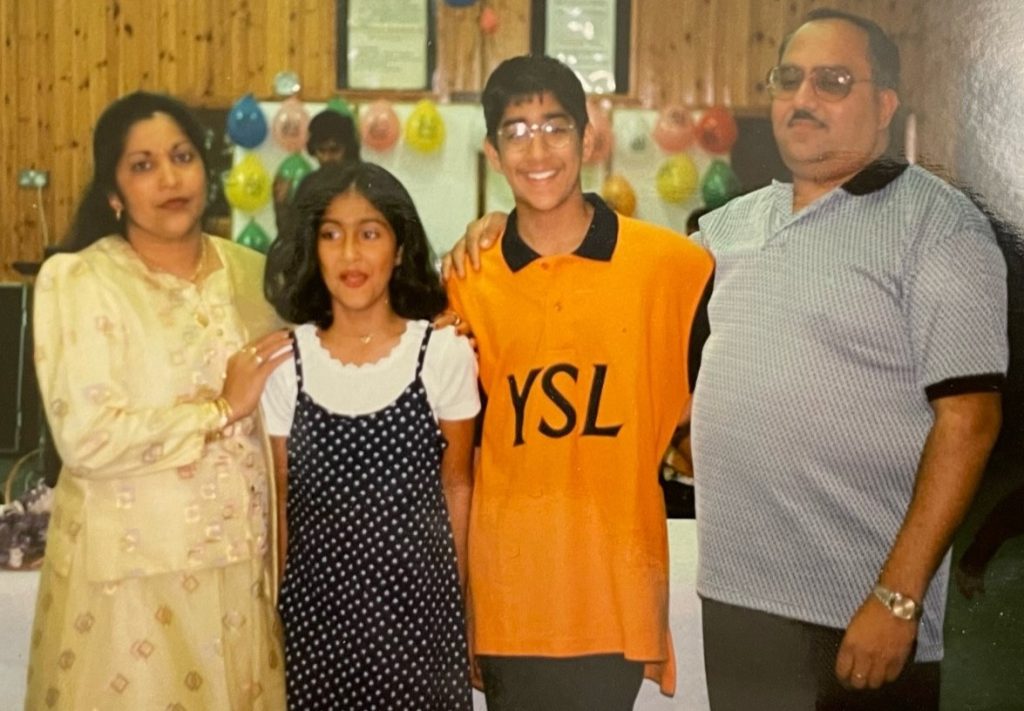
Mrs Ladwa’s story was the 8th entry in the calendar, which was launched by Antiques Roadshow expert Theo Burrell, a patron of the charity and a glioblastoma (GBM) patient.
Asha’s daughter Leia is also fundraising in memory of her grandmother and for a friend’s father, who is currently undergoing treatment for a glioma.
Patel said: “My mum wasn’t the last person in my life to be affected by a brain tumour. A friend of ours, who is also the father of one of my daughter’s school friends, is currently undergoing treatment for one.
“I would urge people to support the Brain Tumour Research Advent Appeal to help fund its four Centres of Excellence and give its scientists the essential tools they need to conduct their research.”
Ladwa was diagnosed following persistent headaches and seizures.
According to the NHS, other symptoms for brain tumours include constant nausea, vomiting, weakness, drowsiness, mental or behavioural changes, memory problems, changes in personality and in serious cases, paralysis.
Symptoms are caused by pressure of the brain, which occurs as an alient bundle of cells grows in the brain.
There are over 120 types of brain tumours, which can be split into benign and malignant, the latter of which are cancerous and grow fast despite treatment.
According the BTR, 16,000 people are diagnosed with a brain tumour annually – one every two hours – with just 12% of patients surviving beyond five years of their diagnosis.
This is far higher that comparative rates for breast cancer and leukaemia, which are far more well funded.
The charity hopes to improve survival rates and patient outcomes in line with other cancers.
Despite how many people die from brain cancer each year, it accounts for just 1% of cancer research and Brain Tumour Research is lobbying the government to increase research to £35 million a year and to create seven Brain Tumour Research Centres of Excellence.
Currently four Centres of Excellence exist in partnership with universities, exploring the origins of the disease and testing cures and treatments.
Charlie Allsebrook, community development manager for Brain Tumour Research, said: “Please help us to raise awareness of the indiscriminate nature of brain tumours and raise vital funds to get us closer to our vision of finding a cure, thereby bringing hope to everyone affected by this devastating disease.
“You can watch Asha’s video, and all those revealed so far, at ww.braintumourresearch.org/advent-appeal and give the gift of hope this festive season.”
